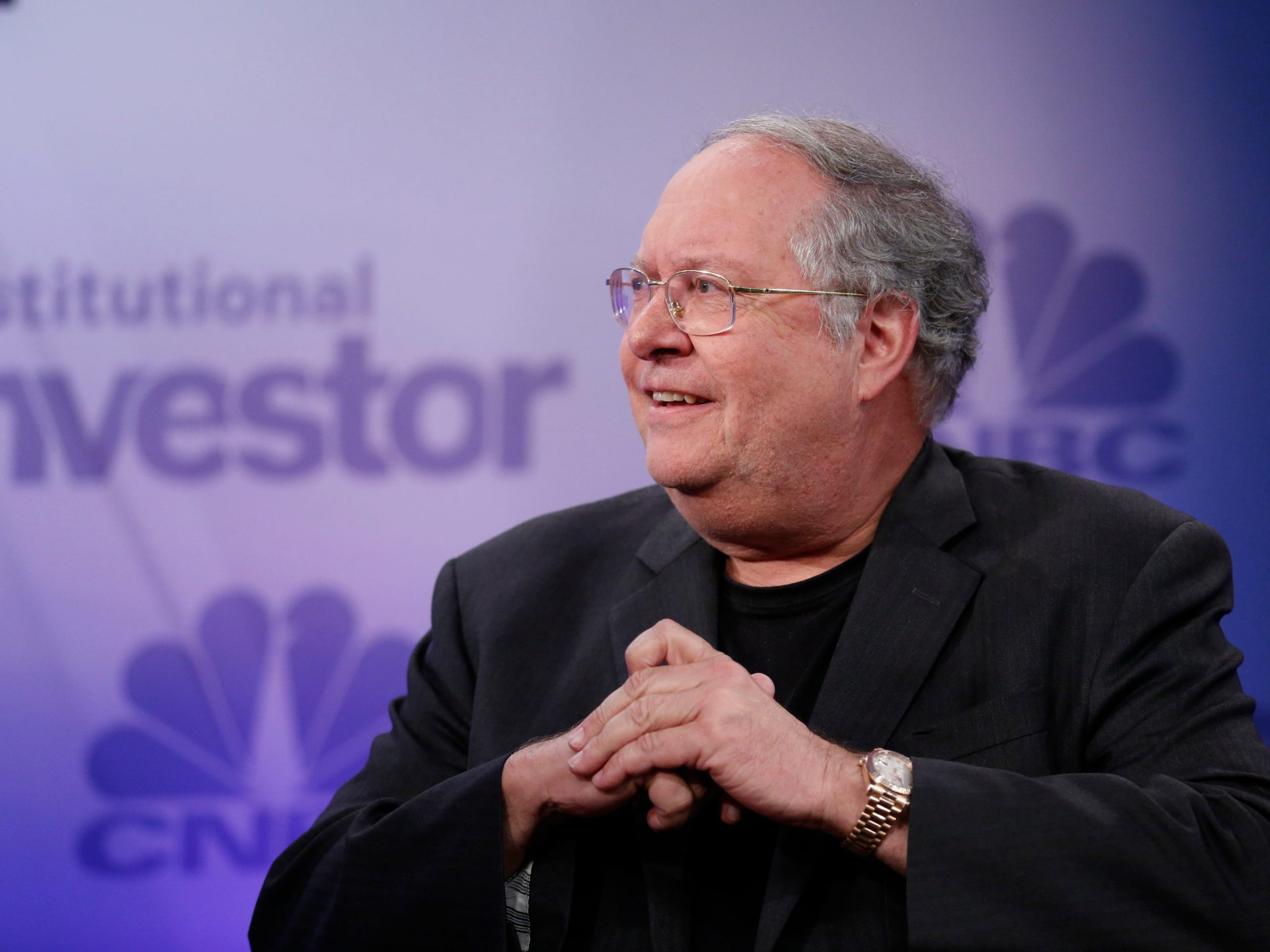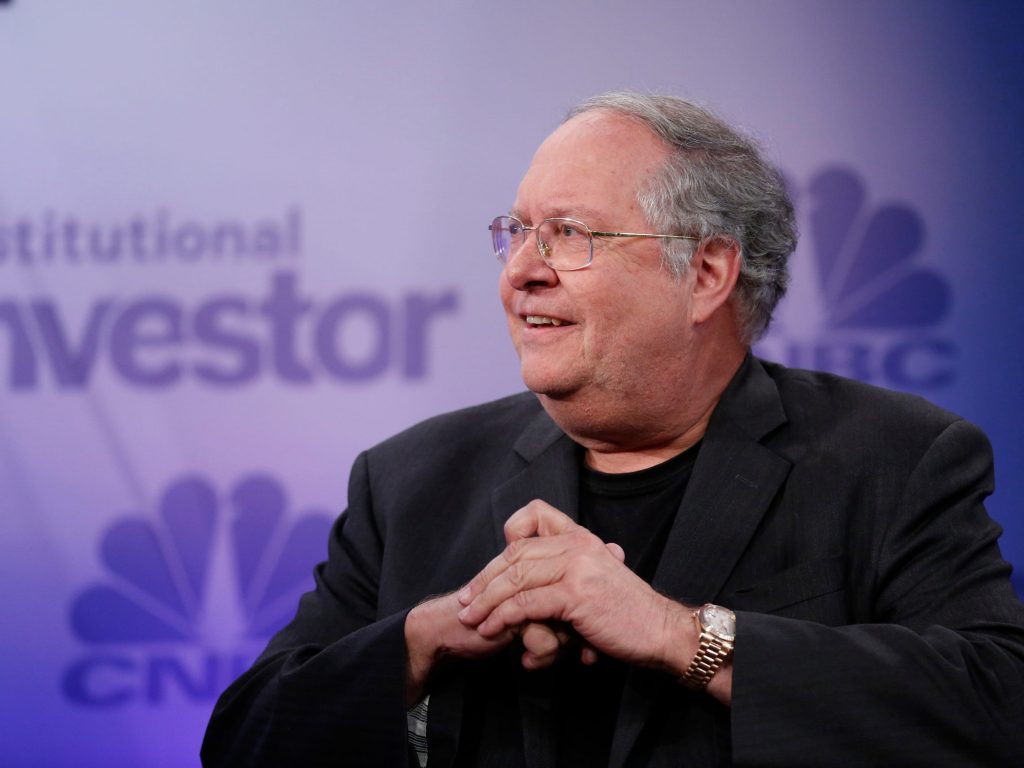
- Investors globally have put trillions of dollars into mutual funds.
- Fund managers have a huge range of approaches and specializations that any investor can learn from.
- Growth investors aggressively seek big returns while value managers want startlingly cheap stocks.
- iii
- See more stories on Insider's business page.
Mutual funds have been around for more than a century, and US investors alone have tens of trillions of dollars of their money invested in them as they aim to build wealth and save for long-term goals like retirement.
That might make the industry sound a little buttoned-down or sedate, but there are countless funds and an enormous number of philosophies, styles, and attitudes as well as areas of specialization.
The overwhelming trend in the industry in recent years has been toward passive investing, or funds that automatically track a particular stock index or group of stocks. Passive funds have become a larger and larger part of the industry because they can provide broad exposure and because their simple setup translates into much lower fees for investors. In many cases, those savings on fees can cancel out a notable gap in performance.
But even investors who prefer to stick to the passive style can learn from people who've reached the top of the game. Here's a walk through the approaches, ideas, and portfolios (at the time of publication) of some of the most successful and famous mutual fund managers.
Growth funds
Perhaps the flashiest and most popular type of actively managed fund, growth managers are focused on increasing the value of the money that's been invested with them by picking companies that are going to beat the market and achieve faster growth than their peers – the kind that can make a great stock shoot up dramatically.
Growth investors were big winners in the 2010s bull market, and when they build up a good track record they become very popular as market oracles.
Some of the most famous growth managers of the day are Cathie Wood of Ark Invest, Dennis Lynch of Morgan Stanley, and Ron Baron of Baron Funds.
Read more:
Value funds
Value investing can be a world of contrarians and characters. Fund managers who invest with a value approach try to find companies that are measurably cheaper than they should be based on hard metrics like price-to-earnings or sales ratios. An opinionated bunch, they believe the rest of Wall Street is dead wrong a lot of the time.
That style has performed well in the past and has been on a strong run since late 2020, but growth investing was far more successful in the last bull market. Some experts think that in a high-tech and low-interest rate world, the times have passed value investing by. Value investors disagree, both for professional reasons and because disagreeing is what they do.
The most famous value fund managers working today include Bill Miller of Miller Value Partners, David Herro of Harris Associates, and Ariel Investments' John Rogers.
Read more:
Bonds
Bond funds often get less attention than stock funds because they tend to prioritize protecting investors' money and providing stable, reliable returns above making the most money possible. And returns for a lot of kinds of bonds have been ultra-low since the Global Financial Crisis in 2008-09.
But even in a low-bond yield environment, bond funds are heavily relied on by people who are retired or near retirement. They're crucial to pensions, university endowments, and governments. And they're considered valuable sources of perspective because of the enormous amount of factors bond investors have to evaluate.
Long time pros like Rick Rieder of BlackRock and Gibson Smith, formerly of Janus Henderson and now of Smith Capital Investors, can move markets, help protect and diversify investors' money, and inform their approaches.
Read more:
Hybrids and alternatives
While the growth vs. value argument gets a lot of ink and can be entertaining, there's no rule saying you can only invest one way or the other. Successful fund managers like Brian Barish say they've updated or combined the two approaches to get the best of both worlds. And there are lots of ways to win at being a contrarian.
And there's far more to invest in than just stocks. There are funds that combine stocks, bonds, and other assets like debts, physical commodities like oil and gold, and funds that switch between approaches as market conditions change.
Some alternative funds emphasize diversification and giving investors exposure to assets other than stocks and bonds so they don't depend entirely on them. Others are hedges intended to protect investors from unusual events or specially scary risks.
Given the enormous popularity and familiarity of mutual funds, it's no surprise that there's now also a mutual fund that invests in bitcoin.
Read more:
Broadened horizons
Just as fund managers can specialize by investing style or asset class, they can also specialize based on geography or company size, as different parts of the world often feature different types of companies - with more manufacturing and financials in Europe than the US, and more tech manufacturing in Asia, for example.
Emerging markets and older ones also have different profiles.
Meanwhile, companies of different valuations can be in very different parts of their life cycles.
Smaller companies are generally higher risk, but those that succeed and take off can provide dramatic returns, and managers in that space devote a lot of time to figuring out which ones will really thrive. Large companies can deliver more sustainable performance as well as bigger returns from dividends and stock repurchases.
Companies with middle-sized market caps can be somewhat forgotten in the large vs. small discussion, but mid-cap fund managers say they can provide diversification and be a "best of both worlds" type of investment because they're less risky than small caps but grow faster than most large caps.
Read more:

